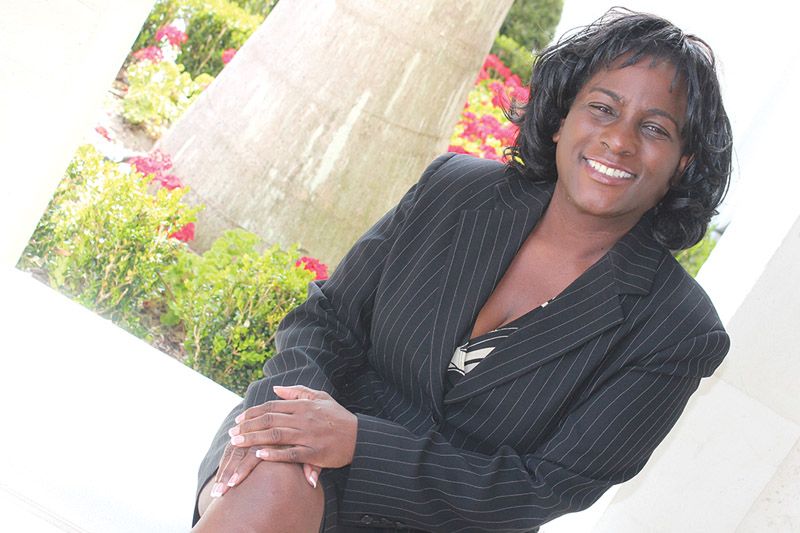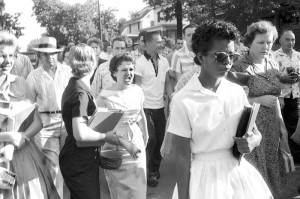Addressing discrimination in school still matters


 Discrimination occurs when people are treated unequally or less favorably than others because of some real or perceived characteristic. In this instance, my daughter was treated unfairly because the teachers that served as the panelist of judges perceived that members of the Rising Walker Star’s Scholarship Committee would prefer to see white dancers perform other genres, as oppose to my daughter who is African American, perform tap, a dance that was born out of African American Culture.
Discrimination occurs when people are treated unequally or less favorably than others because of some real or perceived characteristic. In this instance, my daughter was treated unfairly because the teachers that served as the panelist of judges perceived that members of the Rising Walker Star’s Scholarship Committee would prefer to see white dancers perform other genres, as oppose to my daughter who is African American, perform tap, a dance that was born out of African American Culture.